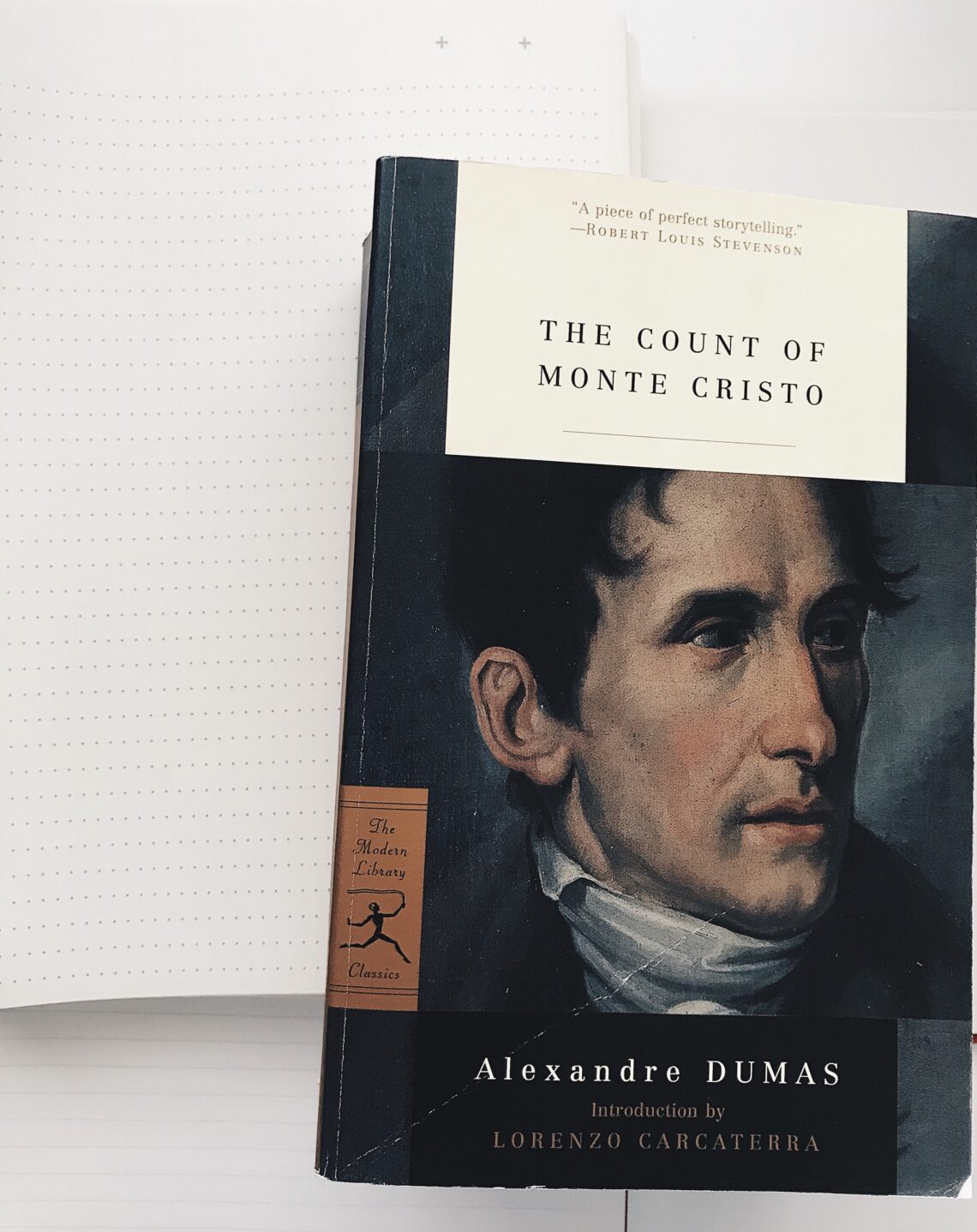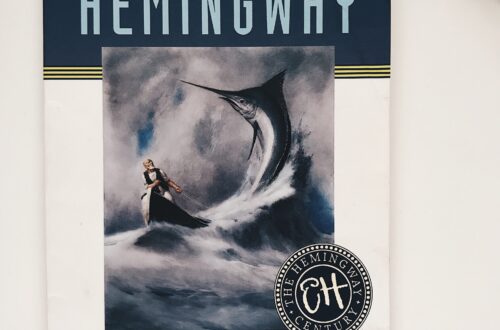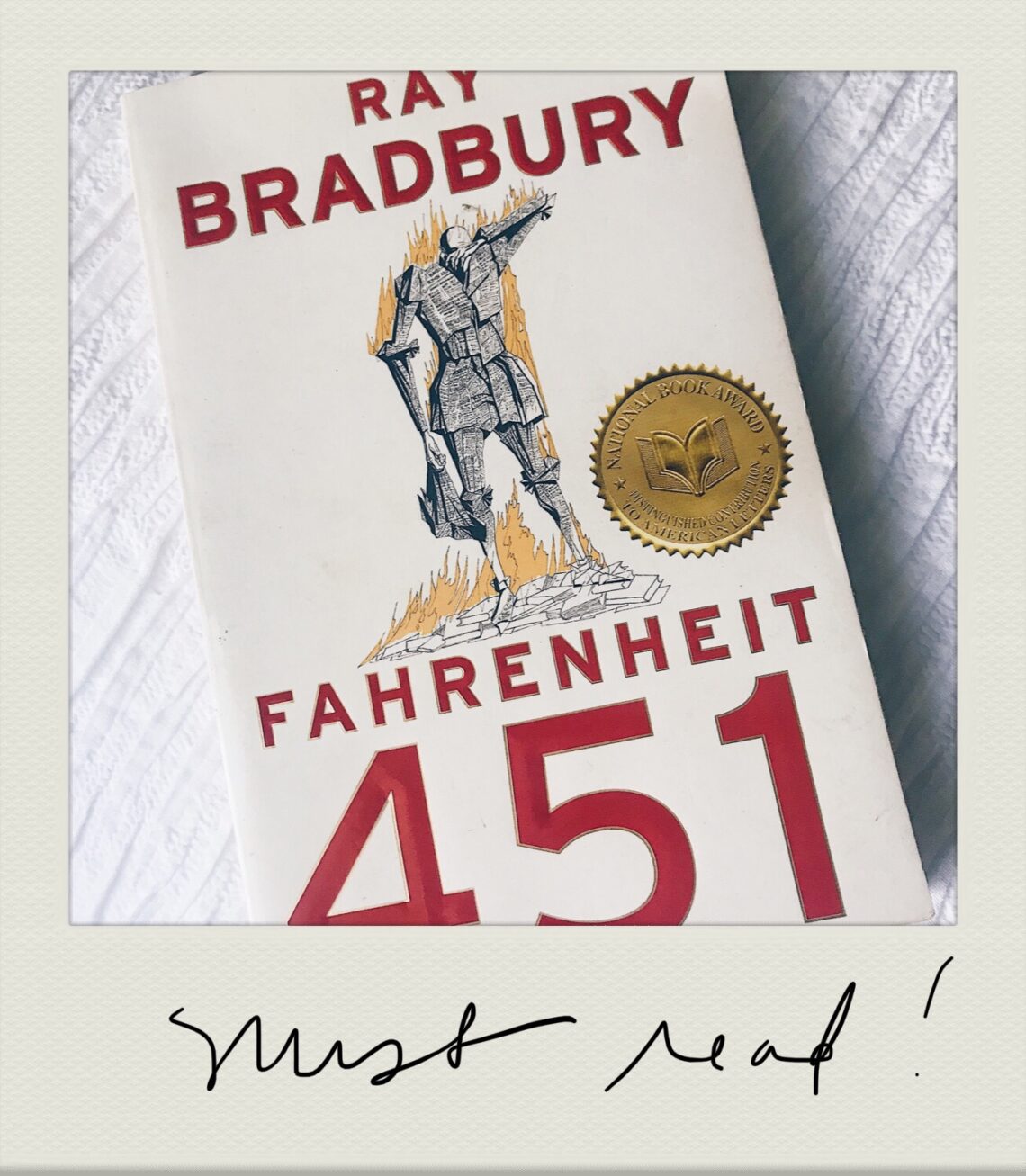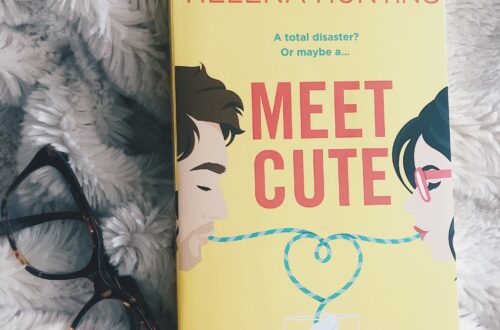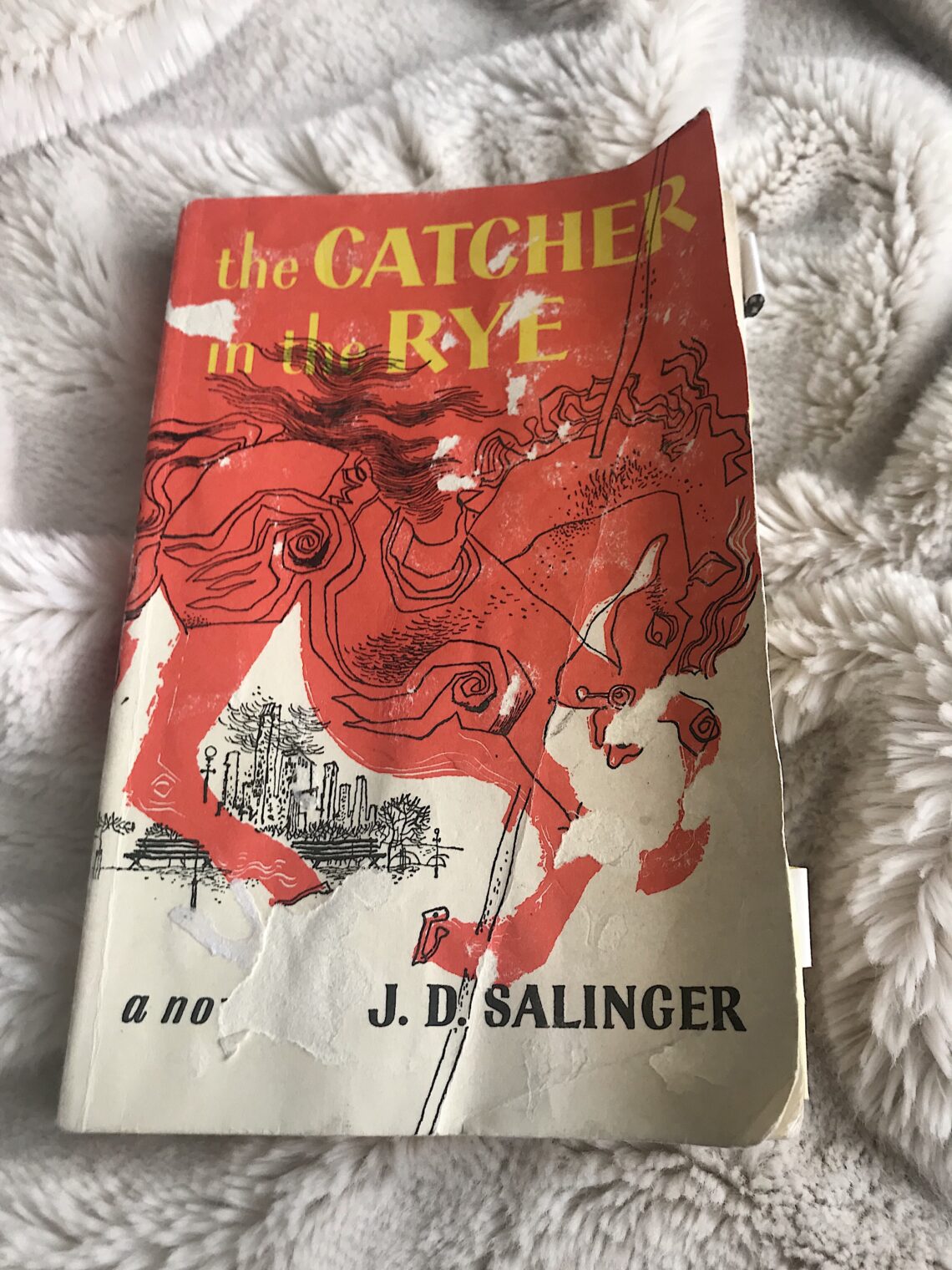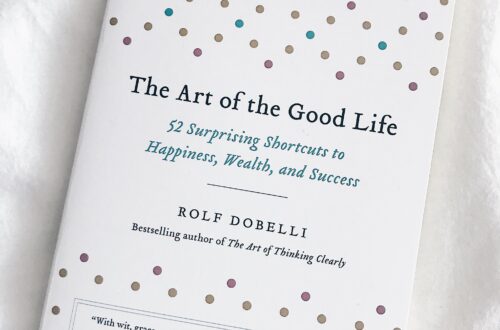For this month’s classic literature reading selection, I chose Alexandre Dumas’ book The Count of Monte Cristo. It’s a heavy book reaching over 1400 pages, which is why I thought it would be worth 2 months of reading.
The Count of Monte Cristo was first published in 1844, and has withstood the test of time. This thriller/love story takes the reader along on a journey set against the backdrop of a post-Napoleonic era.
The story begins with Edmond Dantes, a young sailor falsely accused of treason. The reader follows him from his false imprisonment, and all the way towards his plot for revenge.
This is one of my favorite books. Apparently there’s a movie adaptation. I have never watched the movie, and don’t plan to. I just don’t want to become disappointed.
Happy reading!
Xx Katie
